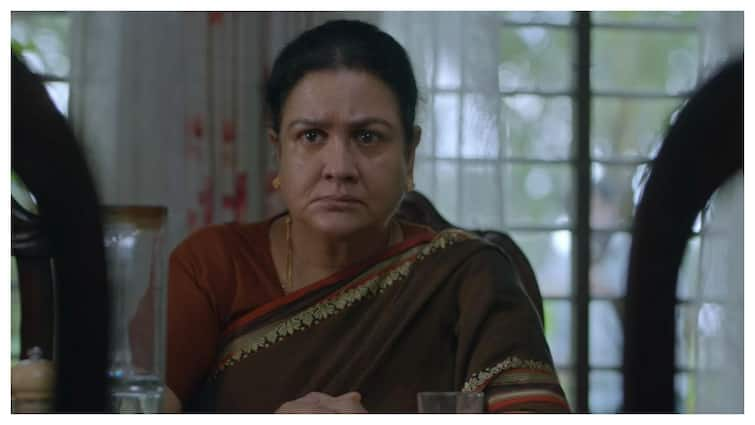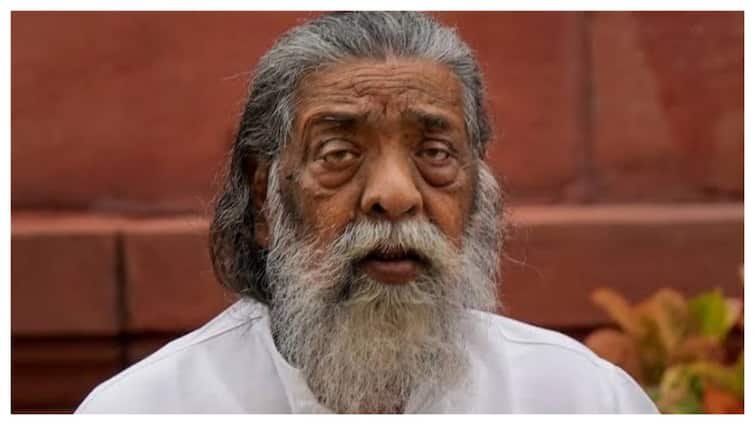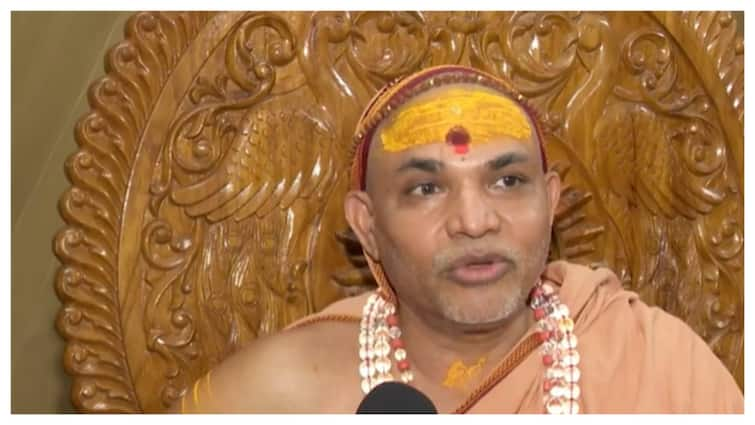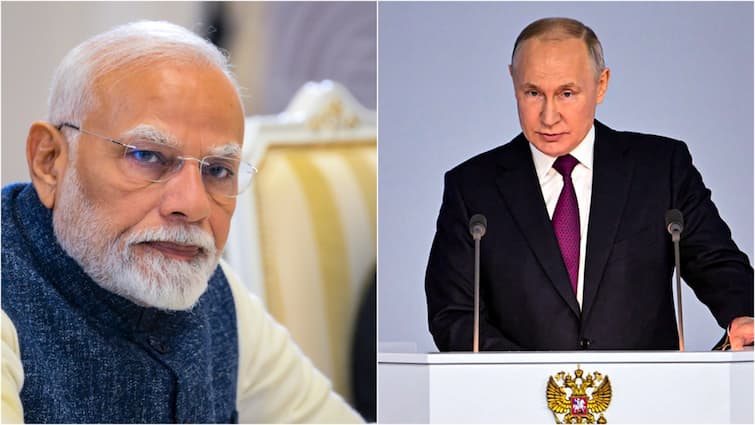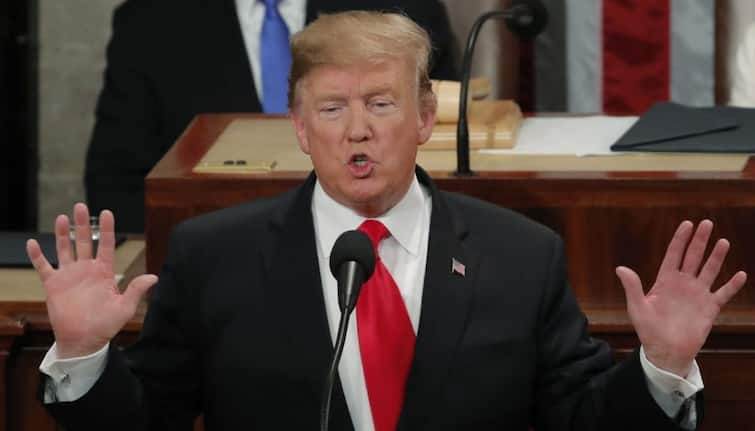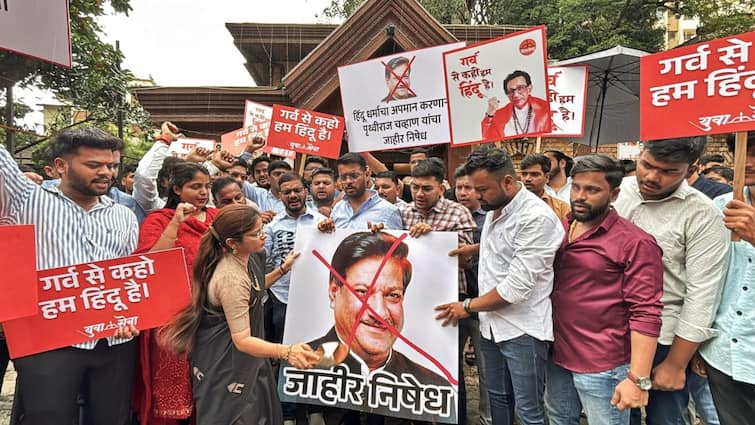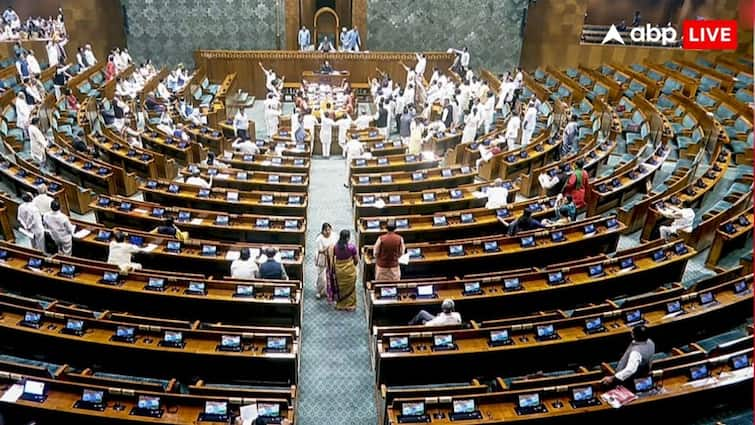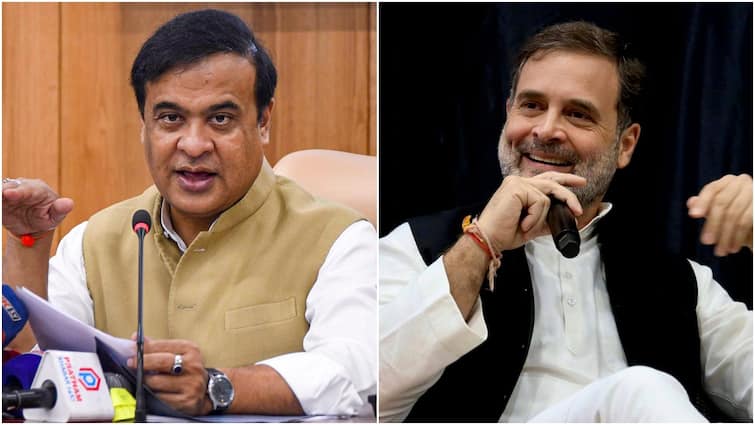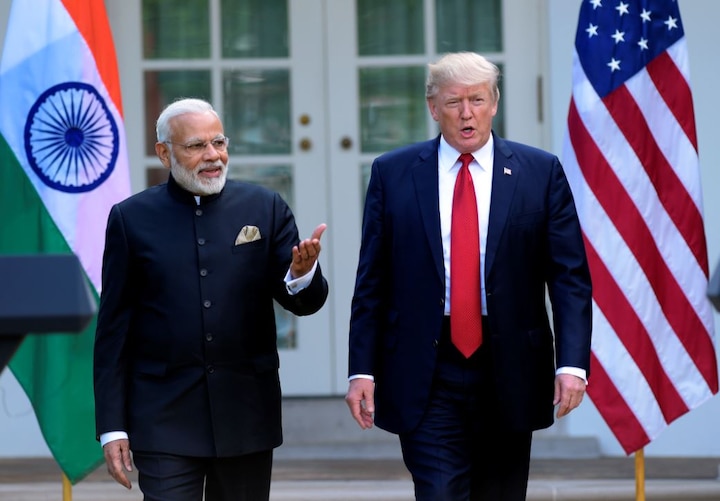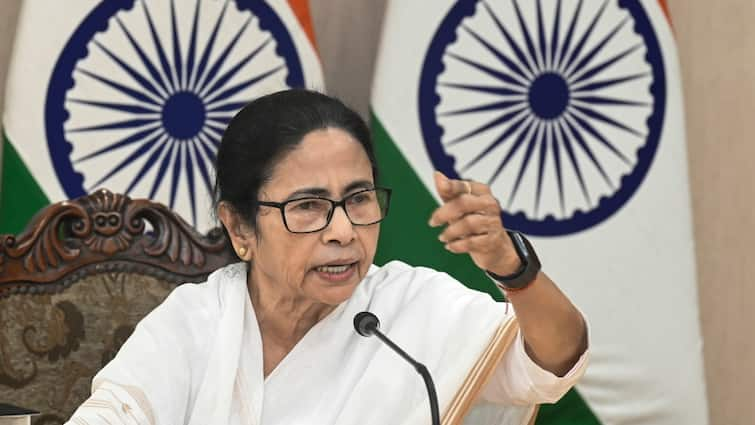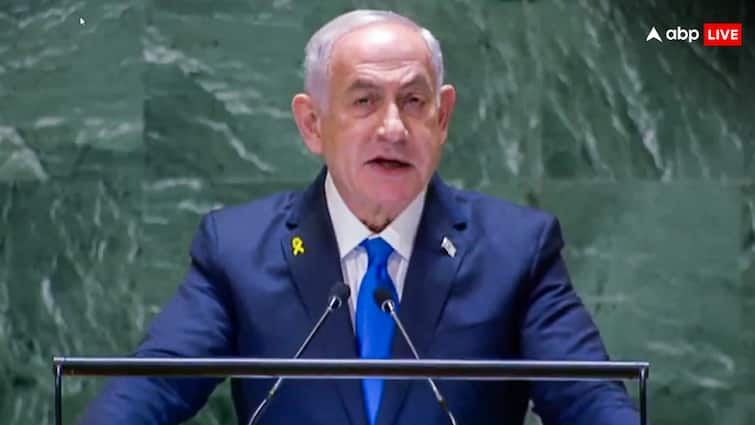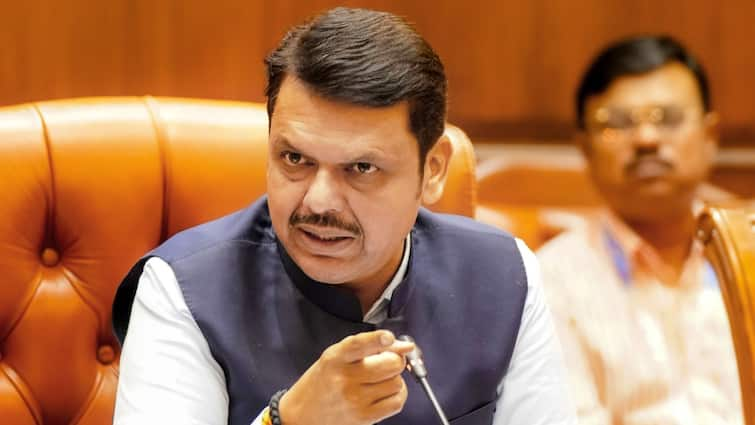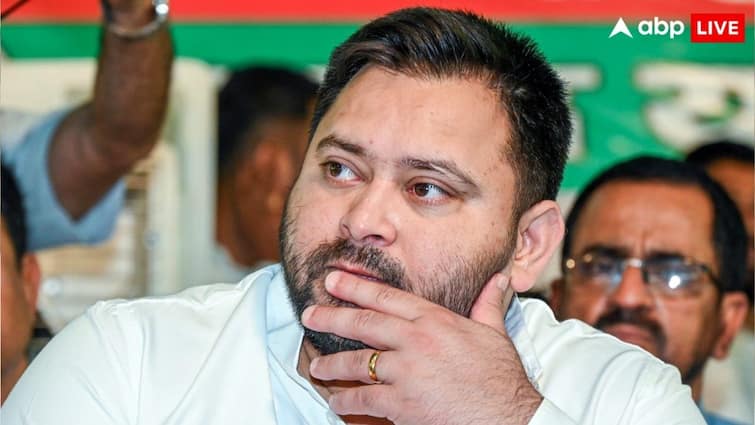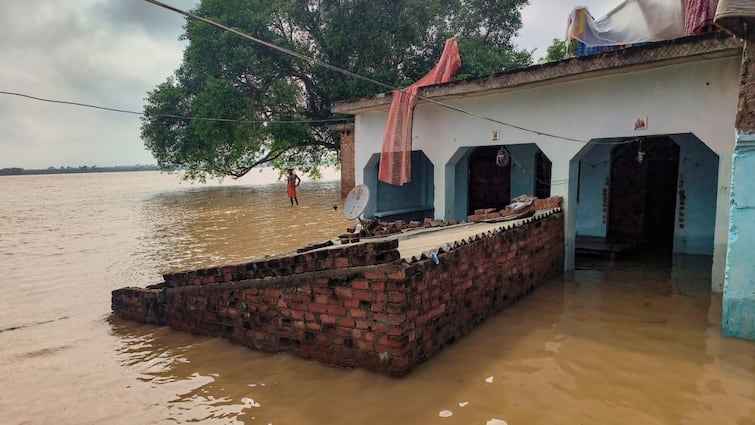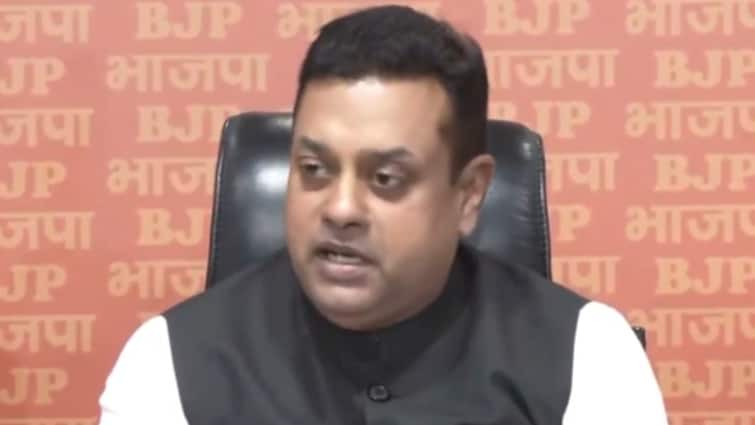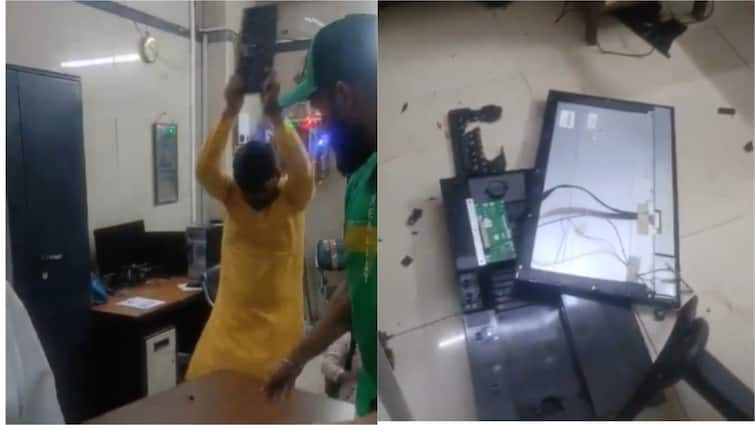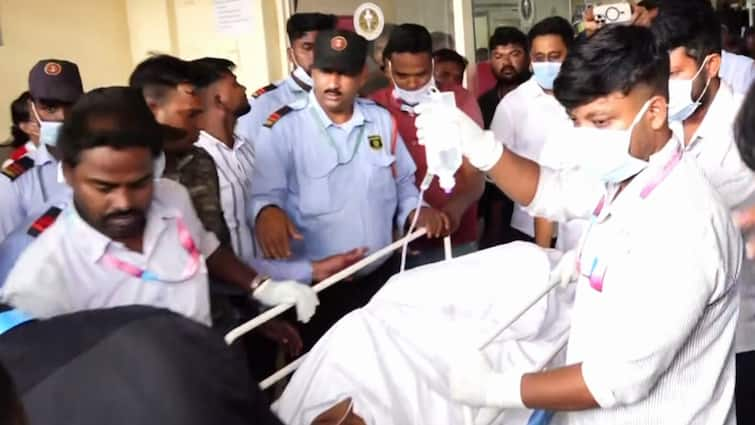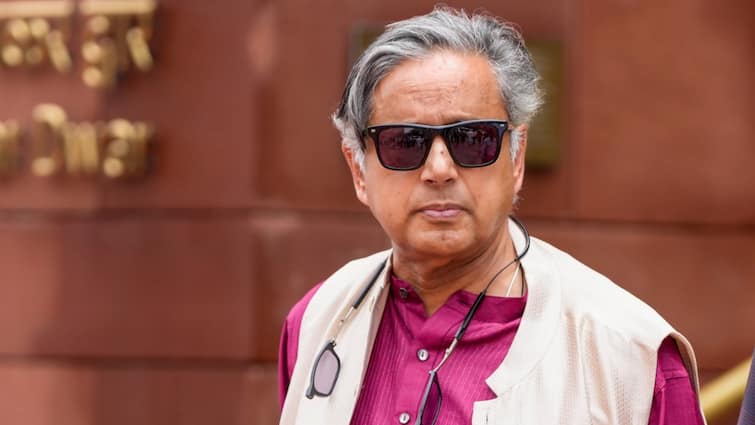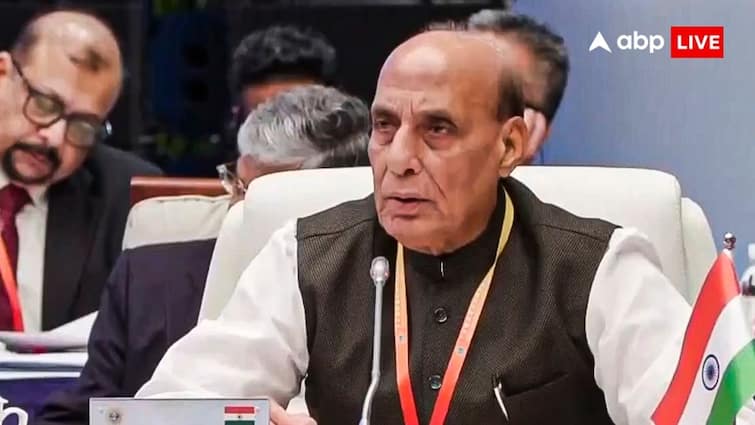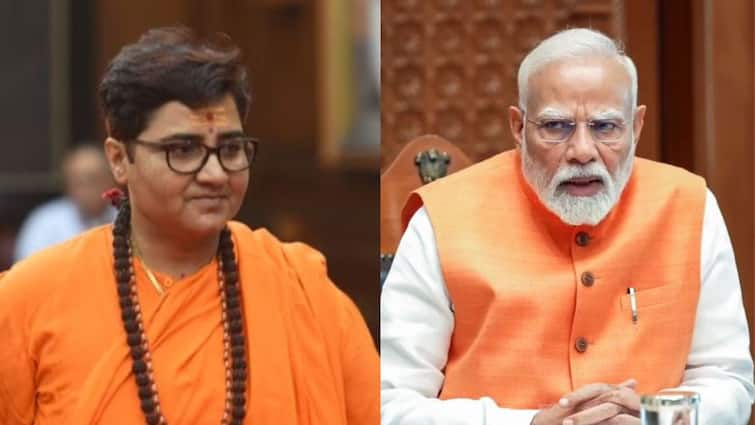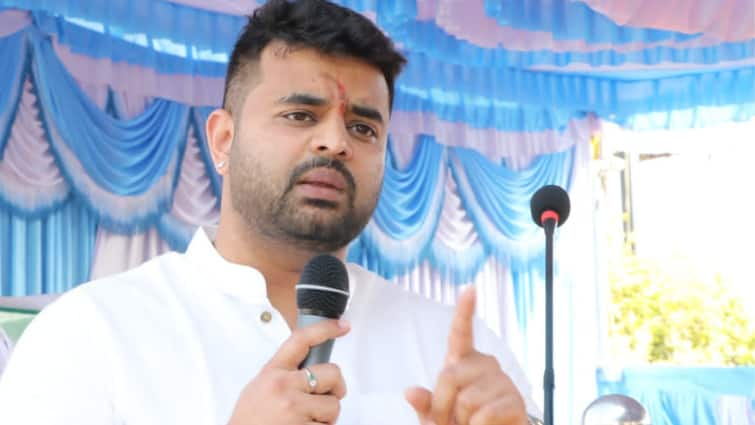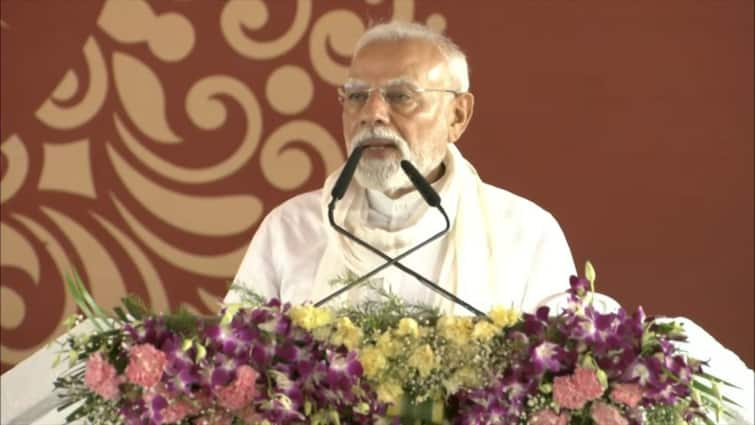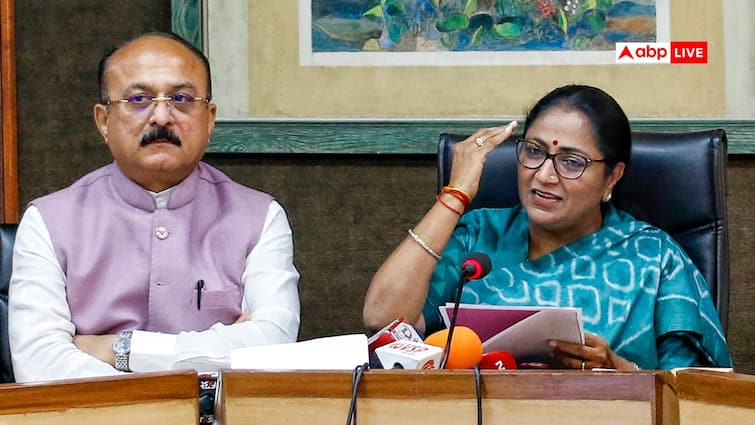
The Delhi Legislative Assembly is set to debate a new bill aimed at bringing transparency and regulation to school fees. The Delhi School Education (Transparency in Fixation and Regulation of Fees) Bill, 2025, tabled by Delhi Education Minister Ashish Sood, seeks to end what he described as the “commercialisation of education”. The bill includes provisions to penalise schools with fines ranging from ₹1 lakh to ₹10 lakh for violations.
Minister Ashish Sood, who also holds portfolios for Home, Power, Urban Development, Higher Education, Training, and Technical Education, introduced the bill under the leadership of Delhi Chief Minister Rekha Gupta. In his remarks, he stated, “Education is not a thing to be sold… This bill has been brought to stop the commercialisation of education. We are bringing this bill to take action against those mafias who are selling education…”
Bill Aims to End ‘False Education Revolution’
Speaking to ANI, Minister Sood hailed it as “an important day in the history of Delhi.” He highlighted the long-standing issue of parents being “harassed regarding fees” and asserted that the bill would address this problem.
“Education is not a business, it is a service, and this bill will come for that,” he added.
The Minister also took a swipe at the Aam Aadmi Party (AAP), saying, “They (AAP) are pained that the false education revolution they have been promoting for 10 years will collapse…”
Key Provisions: Fee Hike Every 3 Years, 3-Tier Grievance System
The proposed legislation supplements the existing Delhi School Education Act of 1973. It stipulates that private schools in Delhi may increase fees only once every three years. Additionally, a three-tier system will handle fee-related disputes:
- School Level Fee Regulation Committee: Each school must form a committee comprising a representative of the management, the principal, three teachers, five parents, and a nominee from the Director of Education. This committee is responsible for approving proposed fees for a block of three academic years and must reach a unanimous agreement.
- District Fee Appellate Committee: This committee will adjudicate disputes between parents and school management. It includes a Deputy Director of Education, a Chartered Accountant, school representatives, and parent representatives. The committee’s decision is binding for three academic years and must be communicated within 30 days of receiving an appeal.
- Revision Committee: For appeals against the District Fee Appellate Committee’s decisions, a Revision Committee will be constituted. Its decision will be final, conclusive, and binding for three academic years.
Penalties for Violations
The bill proposes stringent penalties for schools violating its provisions.
- For a first violation, schools will face fines ranging from ₹1 lakh to ₹5 lakh.
- For subsequent violations, the fine increases to ₹2 lakh–₹10 lakh.
- Continued non-compliance will attract escalating penalties.
The Director of Education is empowered to issue directions, suspend or withdraw a school’s recognition, or even take over its management in cases of repeated violations. The bill also prohibits coercive practices like striking students’ names off the rolls or withholding exam results for non-payment of unauthorised fees. A penalty of ₹50,000 per student will apply in such cases.
What Counts as ‘Fee’?
The bill defines “fee” as any amount collected by a school, directly or indirectly, including:
• Tuition fee
• Term fee (not to exceed one month’s tuition fee per term)
• Caution money (for handling/damage to lab or sports instruments)
• Library, laboratory, and examination fees
• Hostel and mess charges
• Physical education fees
It also clarifies that once paid, development fees cannot be charged again if the student continues up to Class 10.
Education Loan Information:
Calculate Education Loan EMI
Doonited Affiliated: Syndicate News Hunt
This report has been published as part of an auto-generated syndicated wire feed. Except for the headline, the content has not been modified or edited by Doonited




